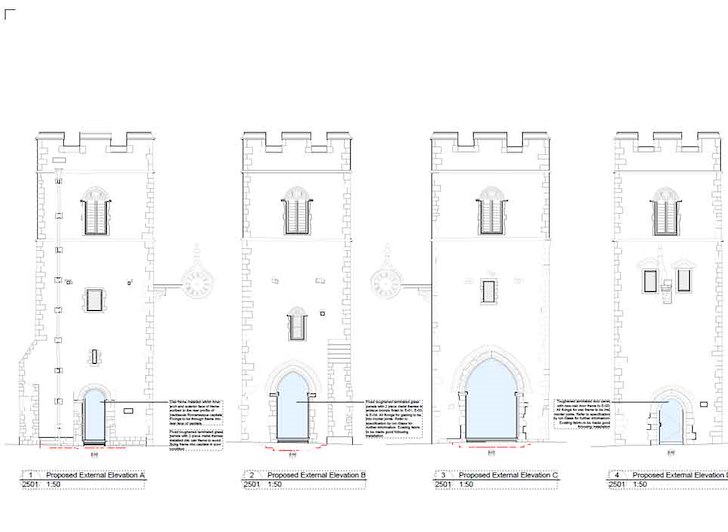The British Property Federation (BPF) has backed government plans to streamline development consents for businesses in a bid to encourage development and stimulate economic growth.
Ministers backed the findings of the Penfold Review, which in July urged action to tackle a "complex and fragmented landscape" of non-planning consents with which businesses must comply such as environmental permits, highways orders, and heritage consents.
The BPF welcomed the response, insisting that implementation would speed up and simplify a confused and bureaucratic planning process as the UK economy fights to keep its head above water.
It is hoped the study will now allow many developments to get underway for the benefit of the broader economy and to regenerate towns and cities at a time when much development, particularly outside of London, remains challenging.
The review, carried out by British Land head of planning and environment Adrian Penfold, demonstrated that the bureaucracy and complexity involved in obtaining all these consents is "both burdensome and unnecessary". The review concluded that one reason for the complexity surrounding planning and non-planning consents regimes is the lack of a single strategic oversight.
Michael Chambers, Associate Director of special projects at the BPF, said: "It is good news for both the property industry and the UK economy that the government has in principle accepted the key recommendations of the review. We are particularly pleased that the government is to establish a mechanism to ensure that departments and all non-planning consent decision-makers work together to provide oversight.
"This response indicates that the necessary changes will need to be phased in, and we look forward with ministers to make sure this can be done as speedily as possible."
(CD/KMcA)
 UK
UK Ireland
Ireland Scotland
Scotland London
London

.gif)




















